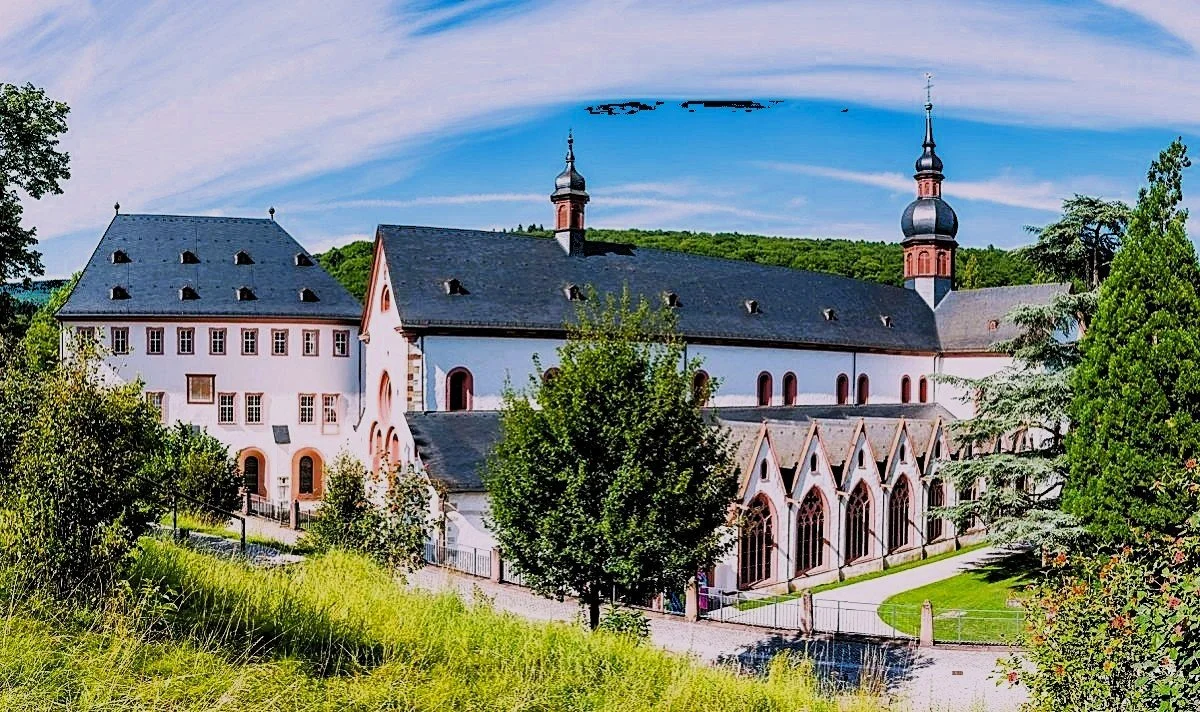The Rhine Valley, Germany
Golden vineyards, castles, and legends
The Rhine Valley, Germany.
For centuries, ancient traditions have revered it as the “Father Rhine,” and its steep, wooded valleys draped in vineyards remain the quintessential embodiment of German Romanticism. This natural splendour has long been safeguarded by UNESCO, particularly the stretch between Mainz and Koblenz, a region that has captivated travellers for millennia—not least because of its rich and layered history.
Here, in the very heart of Europe, the Rhine once marked the boundary between the Roman Empire to the west and the lands of the so-called barbarian tribes across its banks. Cities such as Bonn, Cologne and Mainz, with their monumental cathedrals, originated as Roman military camps. Beyond these major settlements lie countless smaller, lesser-known towns — picturesque villages now, with medieval squares, narrow streets lined with timber-framed houses, and churches crowned with Gothic spires. The old frontier is still palpable, and the eye is endlessly enchanted by the fusion of these two worlds. Romantic castles stand sentinel along the river, some in ruins, others lovingly restored by feudal lords who once ruled the region.
The Eberbach Abbey is a former Cistercian monastery in Eltville in the Rheingau, Germany.
Here, the echoes of the Middle Ages are tangible. Charlemagne was the first to notice how the snow melted gently on these hills, sheltered from the icy breath of northern winds. The climate proved ideal for viticulture, a practice introduced by the Romans. Later, Cistercian monks established abbeys such as Maria Laach and Eberbach, masterpieces of Romanesque architecture. At Eberbach in particular — whose serene interiors featured in the film The Name of the Rose — one can sense a profound harmony. Here, monks once tended hundreds of acres of vineyards, and the abbey cellars were famed across Europe, making it one of the continent’s preeminent centres of wine production.
The Eberbach Abbey has some huge medieval cellars underneath it, with space of 1.2 million bottles.
As the river carries you onward, the steep terraces glisten with golden vines. Riesling dominates the region, producing wines of exquisite subtlety, with delicate yellow-green hues and aromas of apple, peach and honey. Local cuisine celebrates the season’s bounty: tender white asparagus, fragrant and freshly harvested, features prominently in the region’s welcoming restaurants. Surrounding the vineyards, dense forests create a verdant sanctuary. Towering oaks, willows, beeches and chestnuts form a hidden realm for foxes, deer and roe, while squirrels venture into small towns, austere in their Germanic architecture yet softened by rose bushes, vines and almond trees climbing from house to house.
The hilly vineyards along the Rhine River, Germany.
At a bend in the river looms the enigmatic Lorelei rock. Legend has it that Lorelei, a siren of the Rhine, lured sailors to their doom upon the jagged stone, inspiring generations of poets. The river’s currents here remain strong and treacherous, as if echoing the myth. Koblenz, once a Roman military outpost, marks the end of this journey. The city’s grandeur is epitomised by the Palace of the Prince-Electors and the colossal equestrian statue of Kaiser Wilhelm I at the Deutsches Eck, where the Rhine meets the Mosel — a confluence that tells the story of vineyards, castles and legends, and offers a view of unforgettable splendour.
The Altes Haus (Old House) in Bacharach on the Rhine River, Germany.
Beyond this point, the Rhine changes character. Romance gives way to commerce: barges laden with mineral wealth traverse its waters. The river winds through major cities such as Cologne, Bonn and Düsseldorf, before finally emptying into the North Sea at Rotterdam. The surrounding landscape becomes austere and geometric, the sky often overcast. The golden vineyards of the upper Rhine vanish, the images transform into memory, and the southern Rhine valley — where mild climate, castles and legends once revealed Germany’s smiling face to the traveller — slowly disappears from sight.
Τravel with my Books in English





